|
learning > grammaire anglaise - niveau avancé
GV >
auxiliaires non modaux
doauxiliaire
sens et valeurs énonciatives >
valeur
épistémique
formes
affirmative
/
emphatique,
négative,
interrogative,
interro-négative
doauxiliaire
- did
au passé -
est un "mot-clé" :
What
Doesauxiliaire
the Coronavirus Dobase
verbale
to the Body?
Here’s what scientists have learned
about how the new virus infects and attacks
cells
and how it can affect organs beyond the lungs.
https://www.nytimes.com/
article/coronavirus-body-symptoms.html - March 12,
2020
doauxiliaire
a souvent
une valeur épistémique
(vérité
scientifique,
historique et / ou morale) :
sortie de l'ignorance,
du questionnement,
de l'incertitude, du doute,
de l'approximation,
du
paradoxe,
de la
confusion
explication
du comment et du pourquoi
accès
au sens, au
savoir
à la preuve,
la certitude,
la vérité,
la vérité scientifique,
la vérité historique,
l'existence
L'énonciateur / l'énonciatrice
cherche / veut
savoir
pourquoi,
comprendre les raisons de,
"avoir les idées claires sur",
"en avoir le coeur net"
(valeurs énonciatives
de
doauxiliaire
dans ces contextes >
vérité + validation :
moi-expert qui vous parle,
je vous
garantis
que ce que je dis est vrai)
doauxiliaire
sens et valeurs énonciatives > valeur
épistémique
forme affirmative
Nsubet
+ do
+ base verbale + Nobjet
Climate
solutions do exist.
These 6 experts detail what they
look like
March 5, 2023
NPR
doauxiliaire
sens et valeurs énonciatives > valeur
épistémique
formes interrogative
do
+ Nsubet
+ base verbale + Nobjet
?
Do
electric cars really produce
fewer carbon emissions
than petrol or diesel vehicles?
+
In part five of our series exploring myths
surrounding EVs,
we assess the greenwashing claims
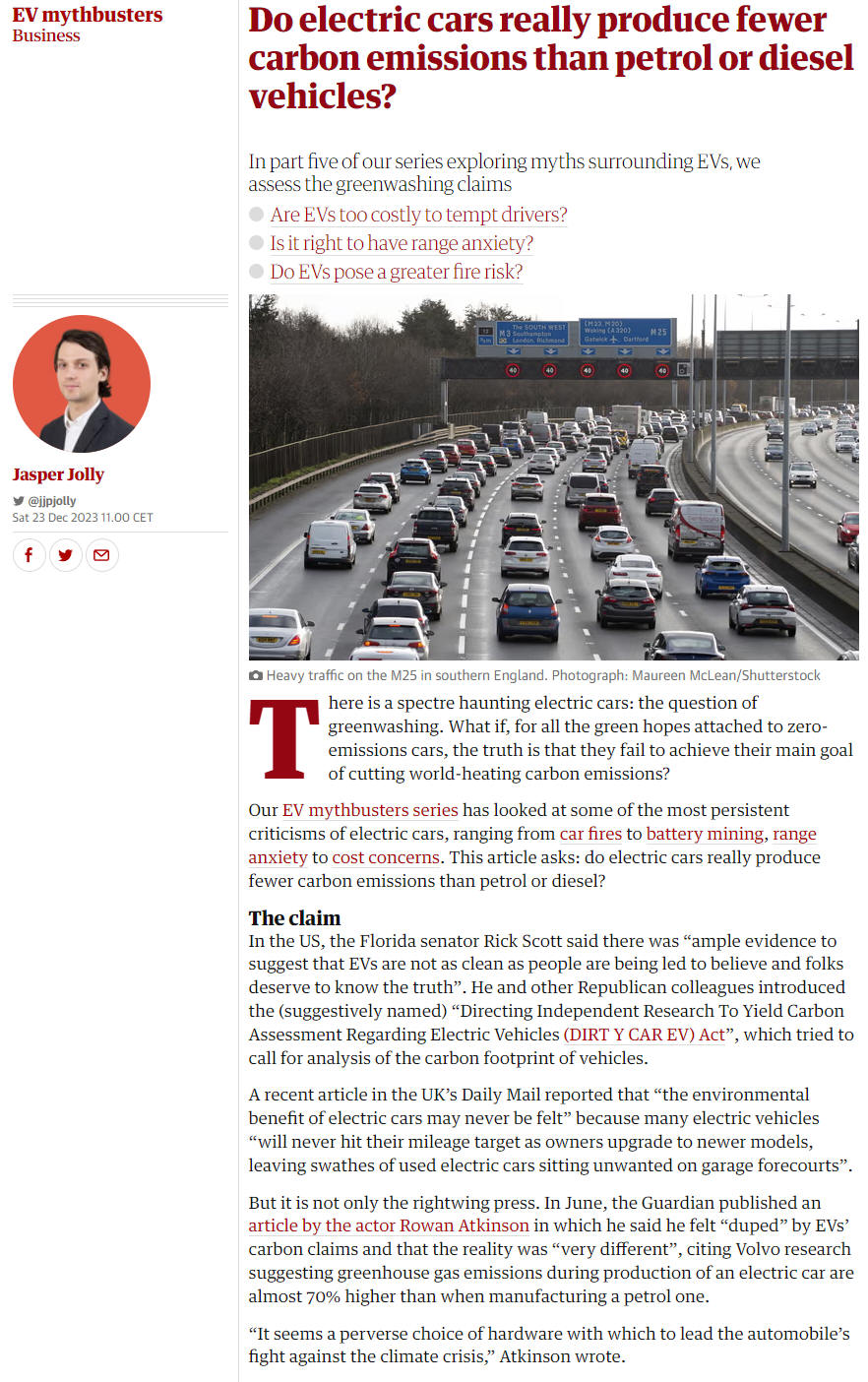
Does
therapy really work?
Let's
unpack that.
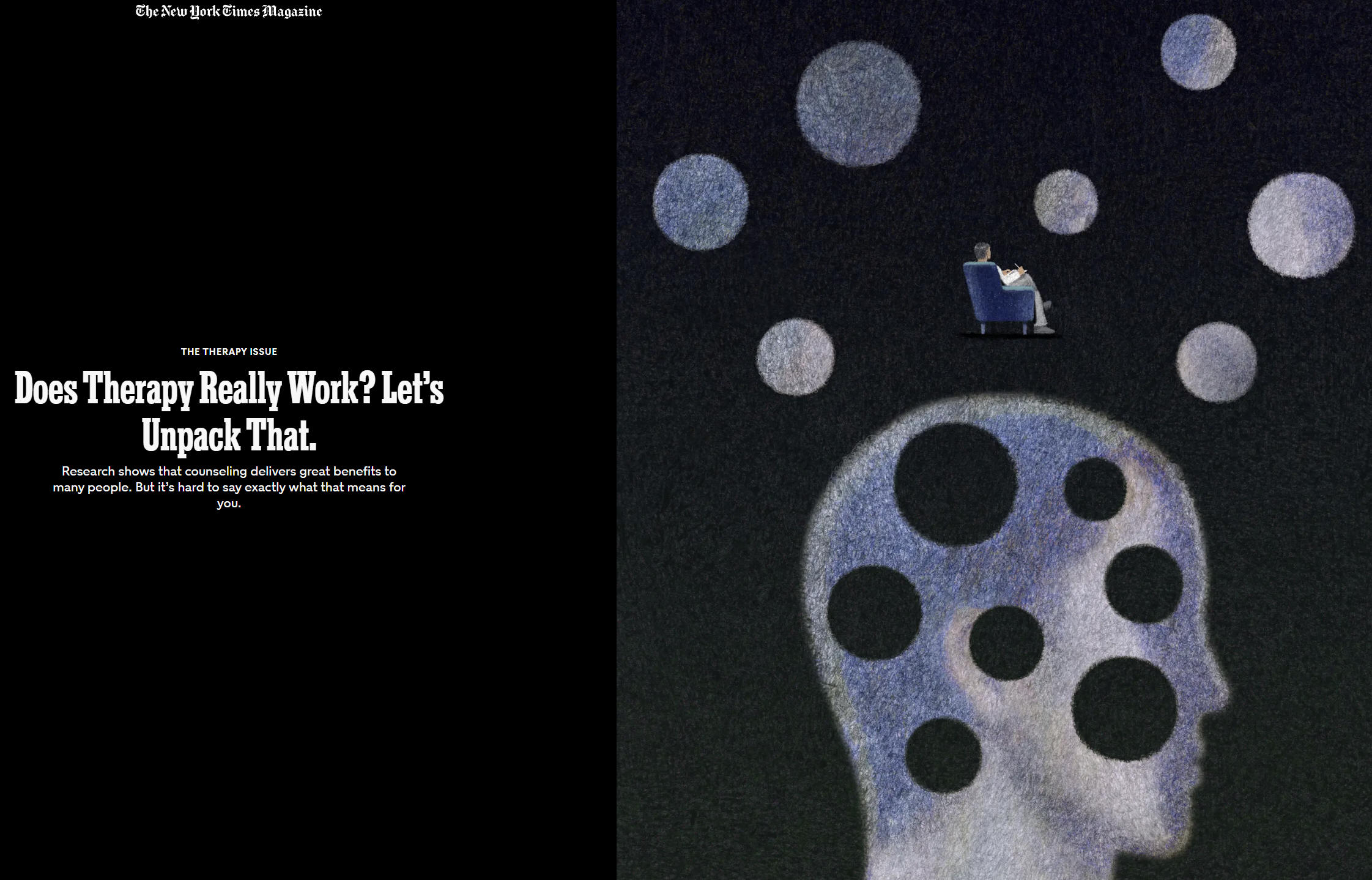
NYT
Published May 16, 2023
Updated May 18, 2023
https://www.nytimes.com/2023/05/16/
magazine/does-therapy-work.html
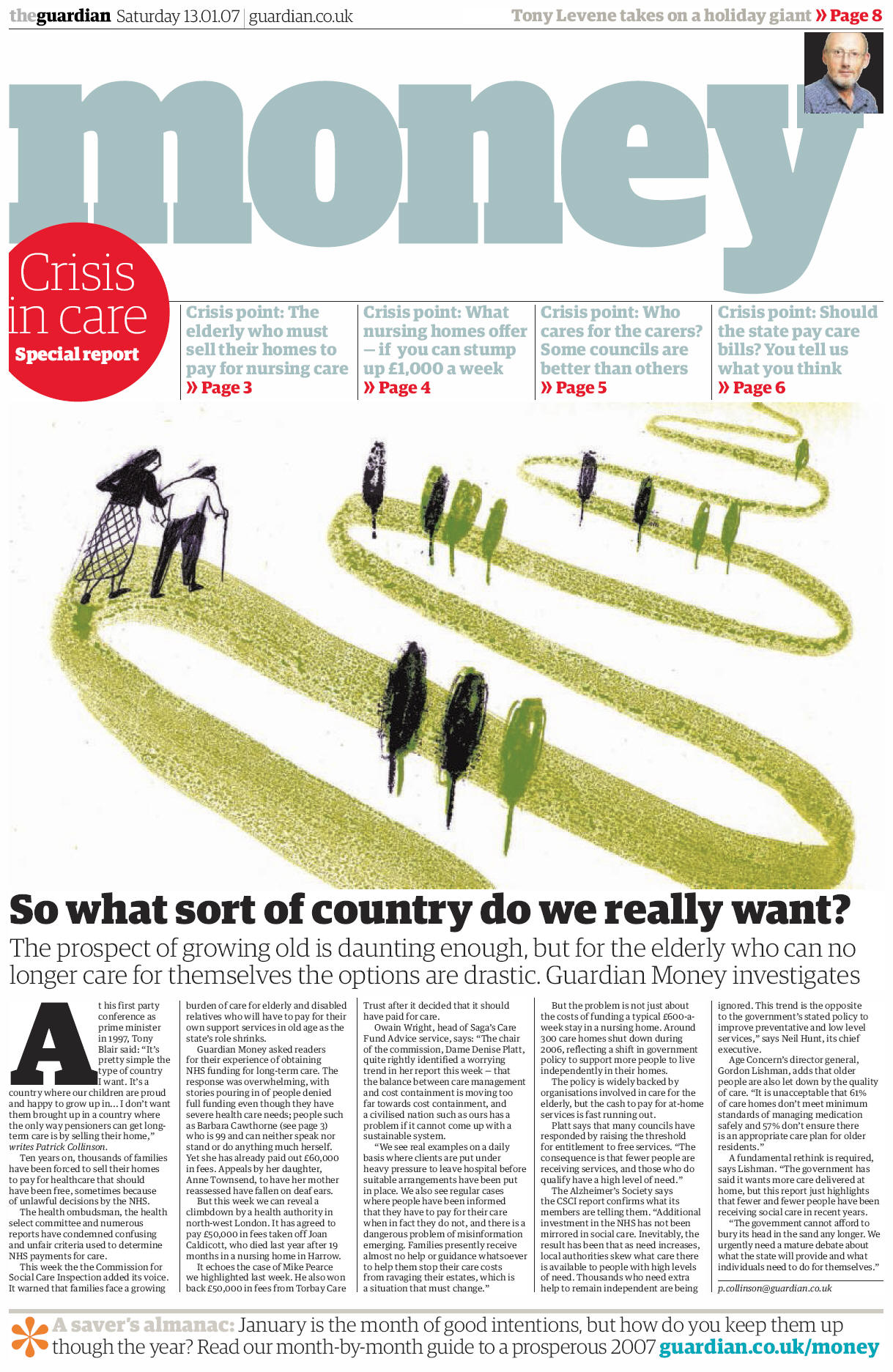
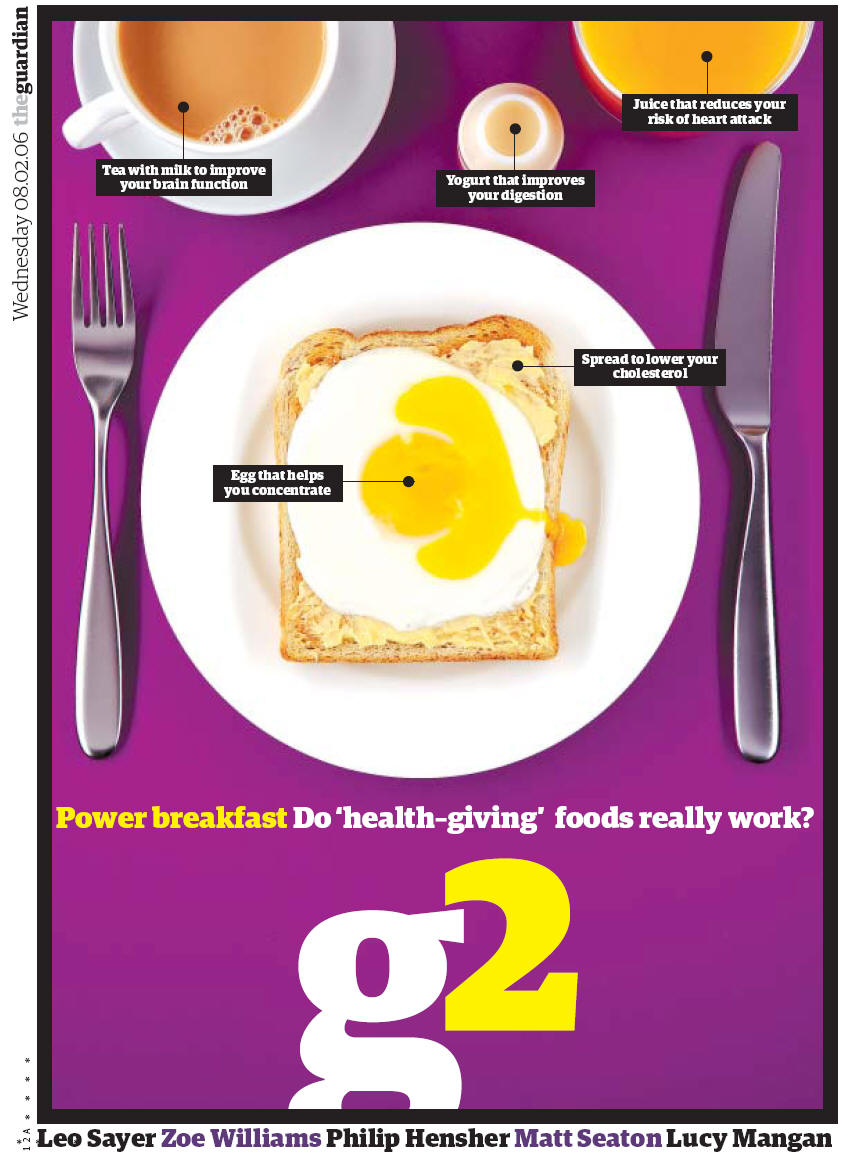
The Guardian G2
p. 1 8 February 2006
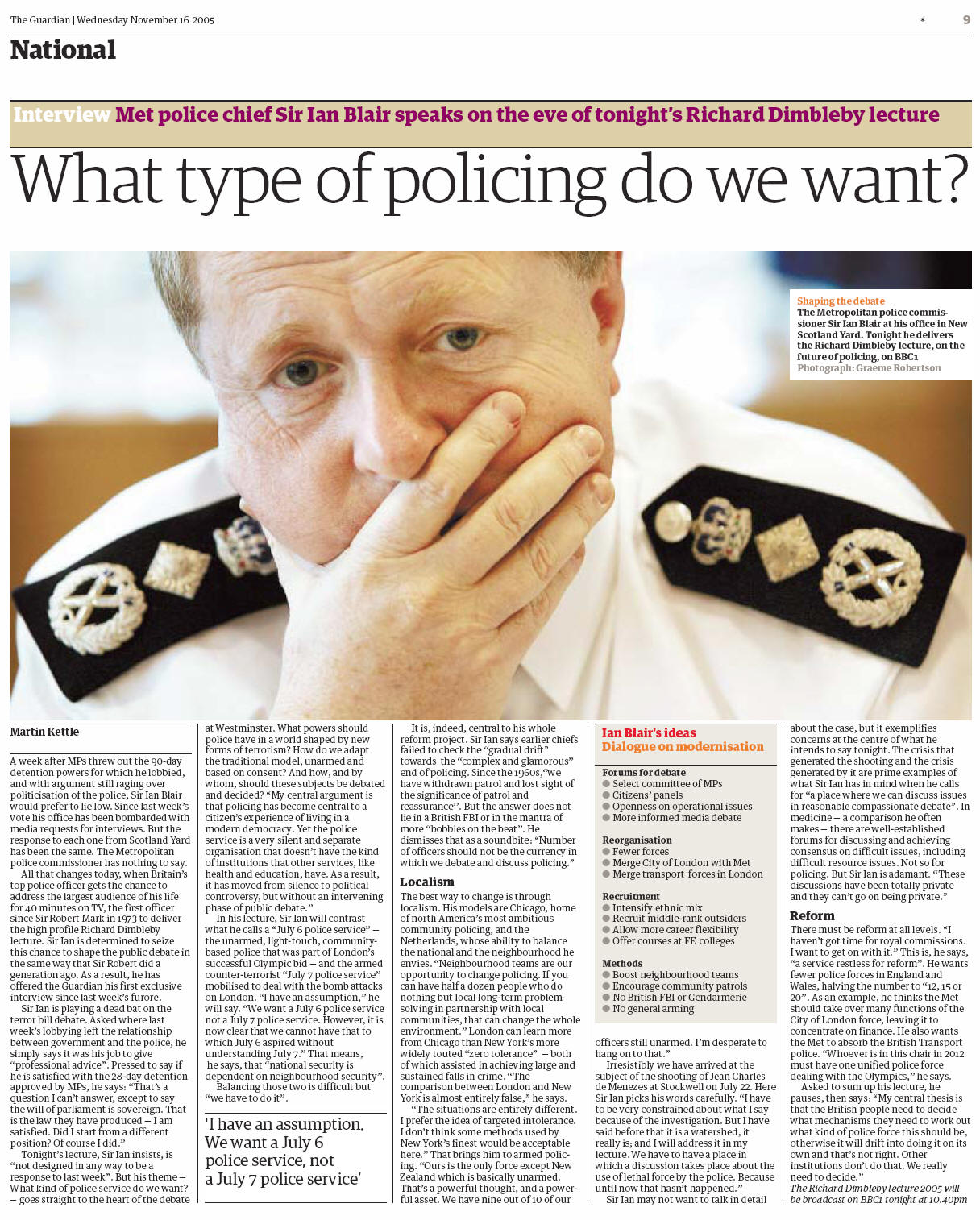
The Guardian p. 9 16 November 2005
Interview
What type of policing do we want?
Met police chief Sir Ian Blair
speaks on the eve of tonight's Richard Dimbleby
lecture
Martin Kettle
The Guardian
Wednesday November 16, 2005
https://www.theguardian.com/uk/2005/nov/16/
terrorism.interviews
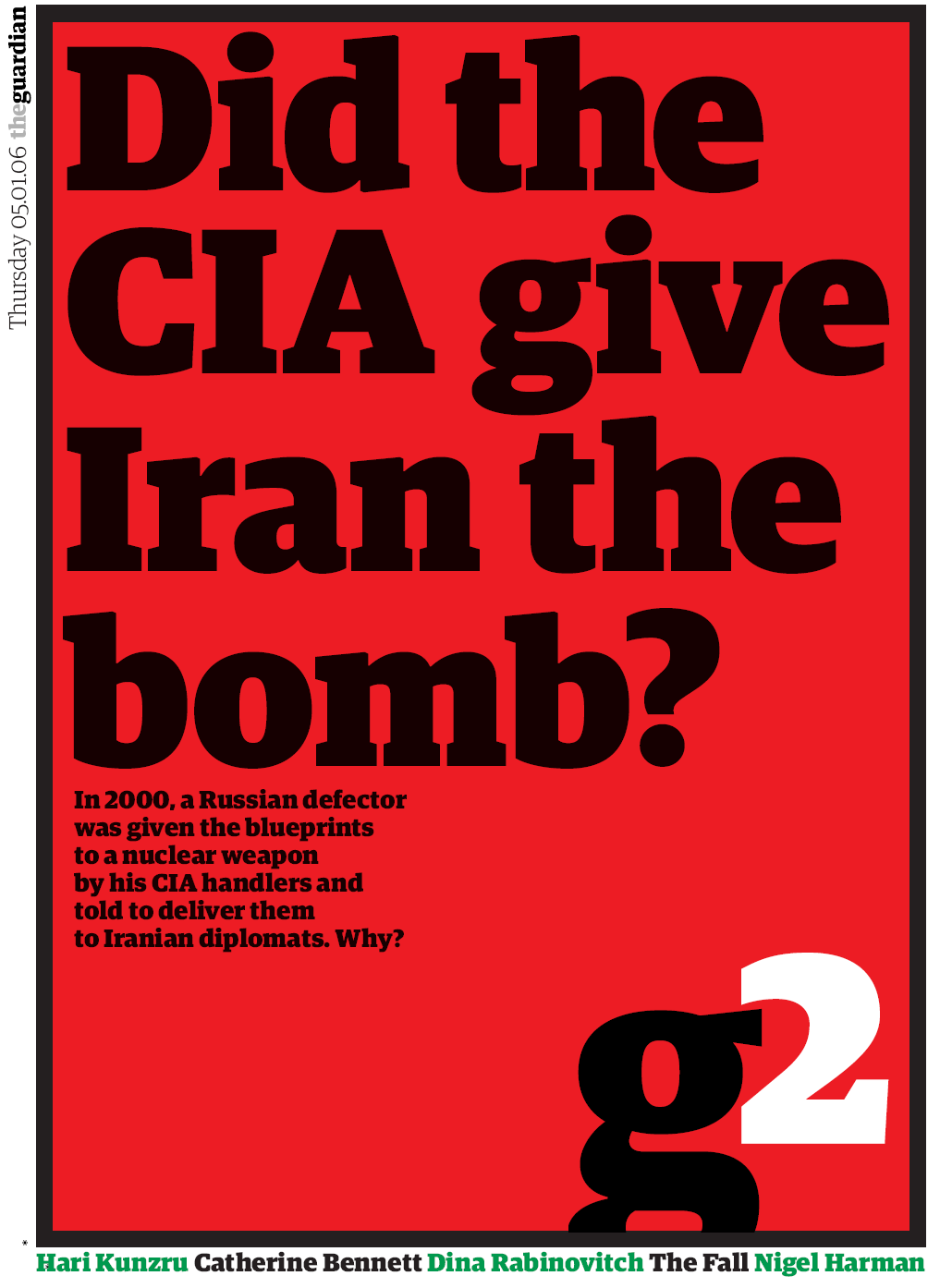
The Guardian
G2 p. 1
5 January 2006
George Bush insists
that Iran must not be
allowed
to develop nuclear weapons.
So why, six years ago,
did the CIA give the
Iranians blueprints
to build a bomb?
In an extract from his explosive new book,
New York Times reporter James Risen
reveals the bungles and miscalculations
that led to a spectacular intelligence
fiasco
The Guardian
Thursday January 5, 2006
https://www.theguardian.com/environment/2006/jan/05/
energy.g2
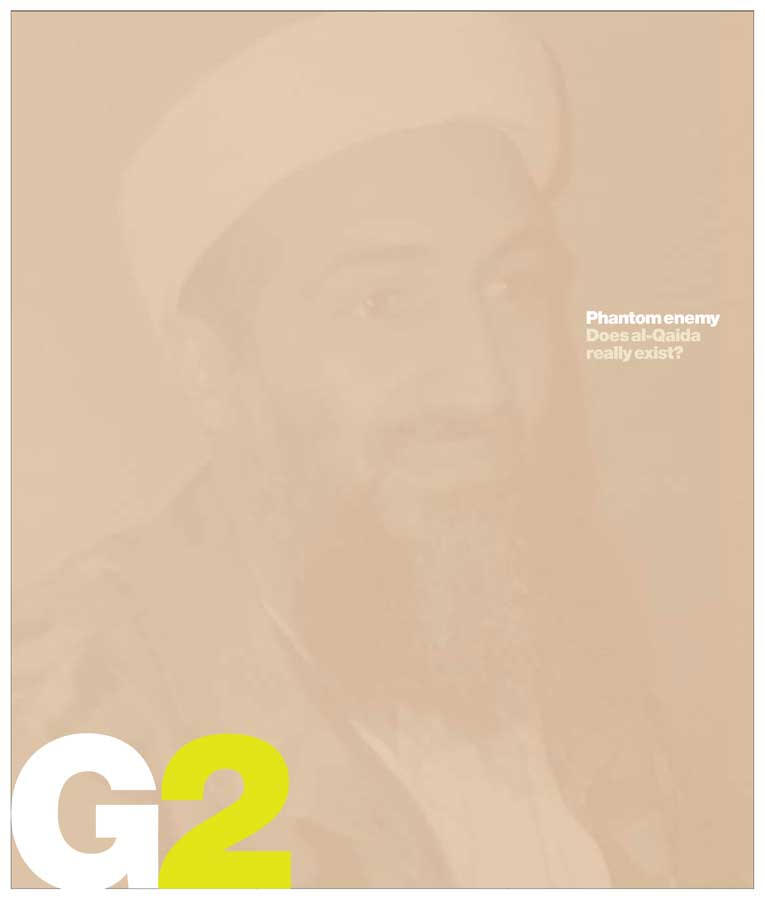
The Guardian G2
p. 1 15 October 2004
http://digital.guardian.co.uk/guardian/2004/10/15/pages/two1.shtml

The Guardian p. 5
9 February 2007
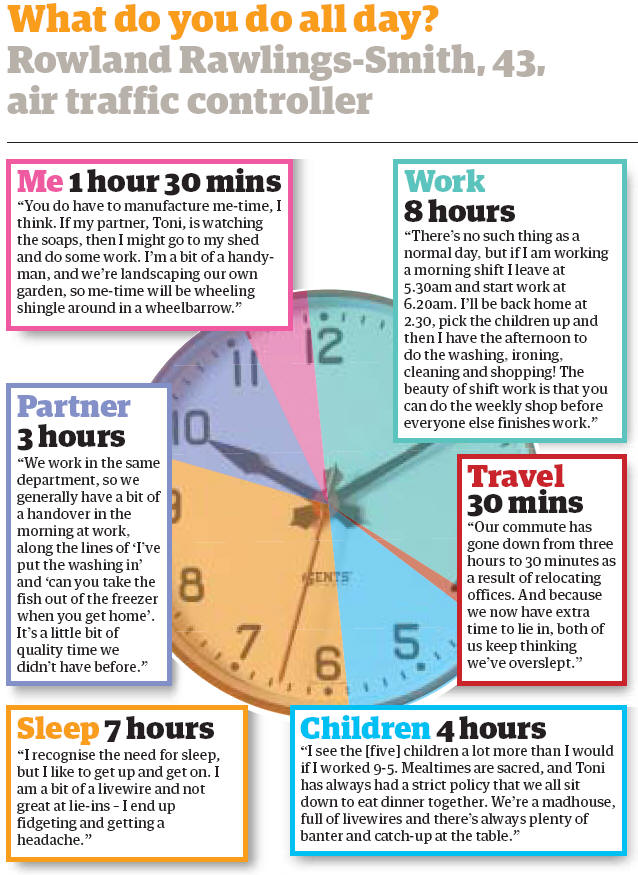
The Guardian Family
p. 5 19 November 2005
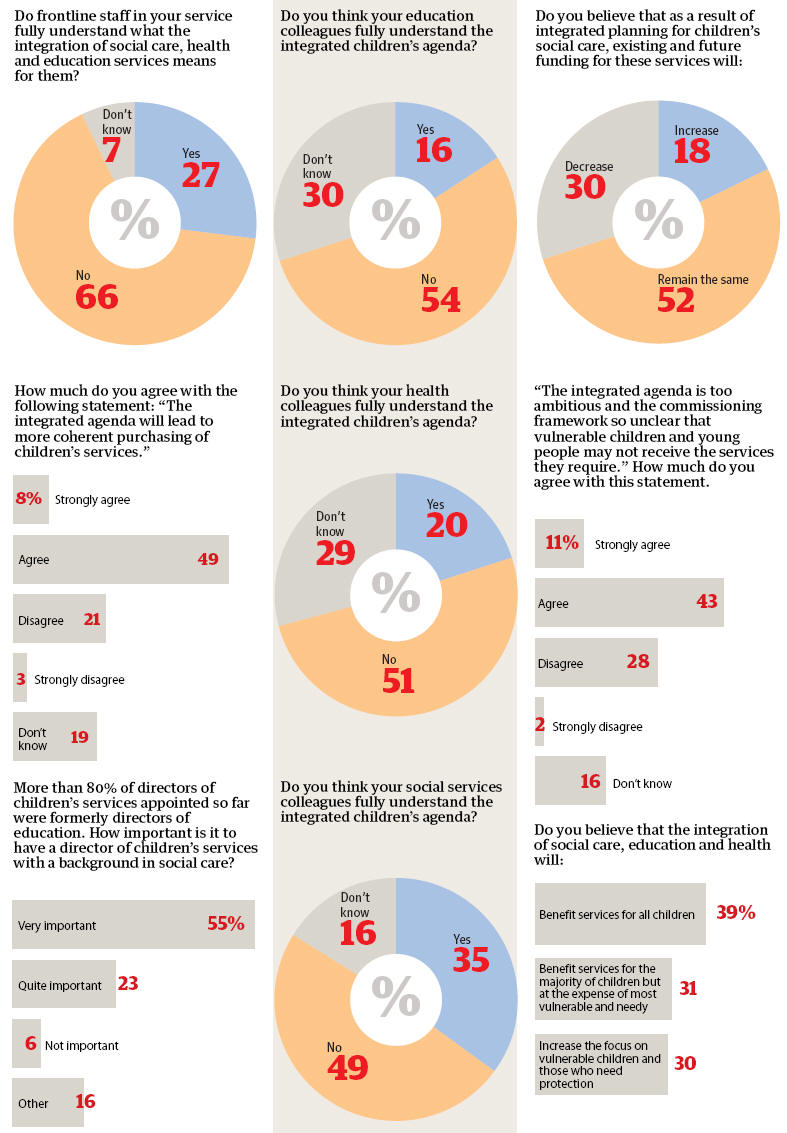
Reform agenda appears to be struggling
Our survey of 400 has produced worrying results.
It suggests that lessons still
haven't been learned
since the Laming inquiry in 2003
The Guardian
Social Care p. 2
Wednesday October 19, 2005
https://www.theguardian.com/society/2005/oct/19/
socialcare1
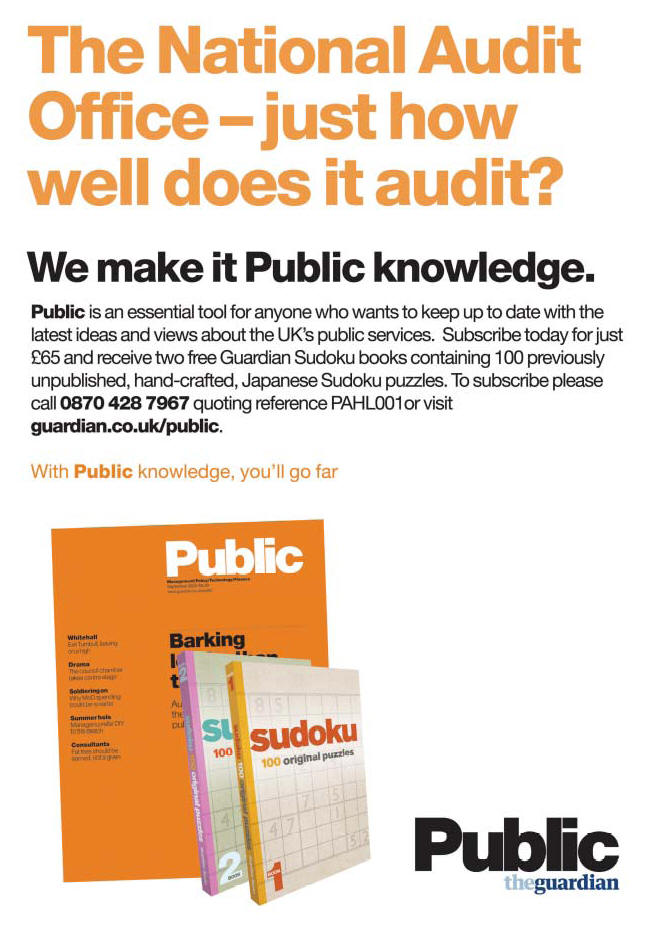
The Guardian p. 24
28 September 2005
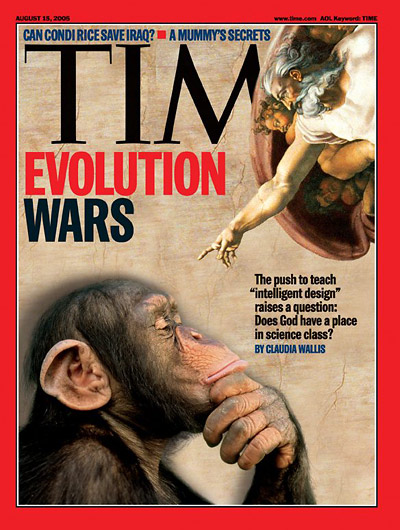
August 15, 2005
Vol. 166 No. 7
https://content.time.com/time/magazine/0,9263,7601050815,00.html
What
does the science
say
about the
origin of the SARS-CoV-2 pandemic?
February 28, 2023
NPR
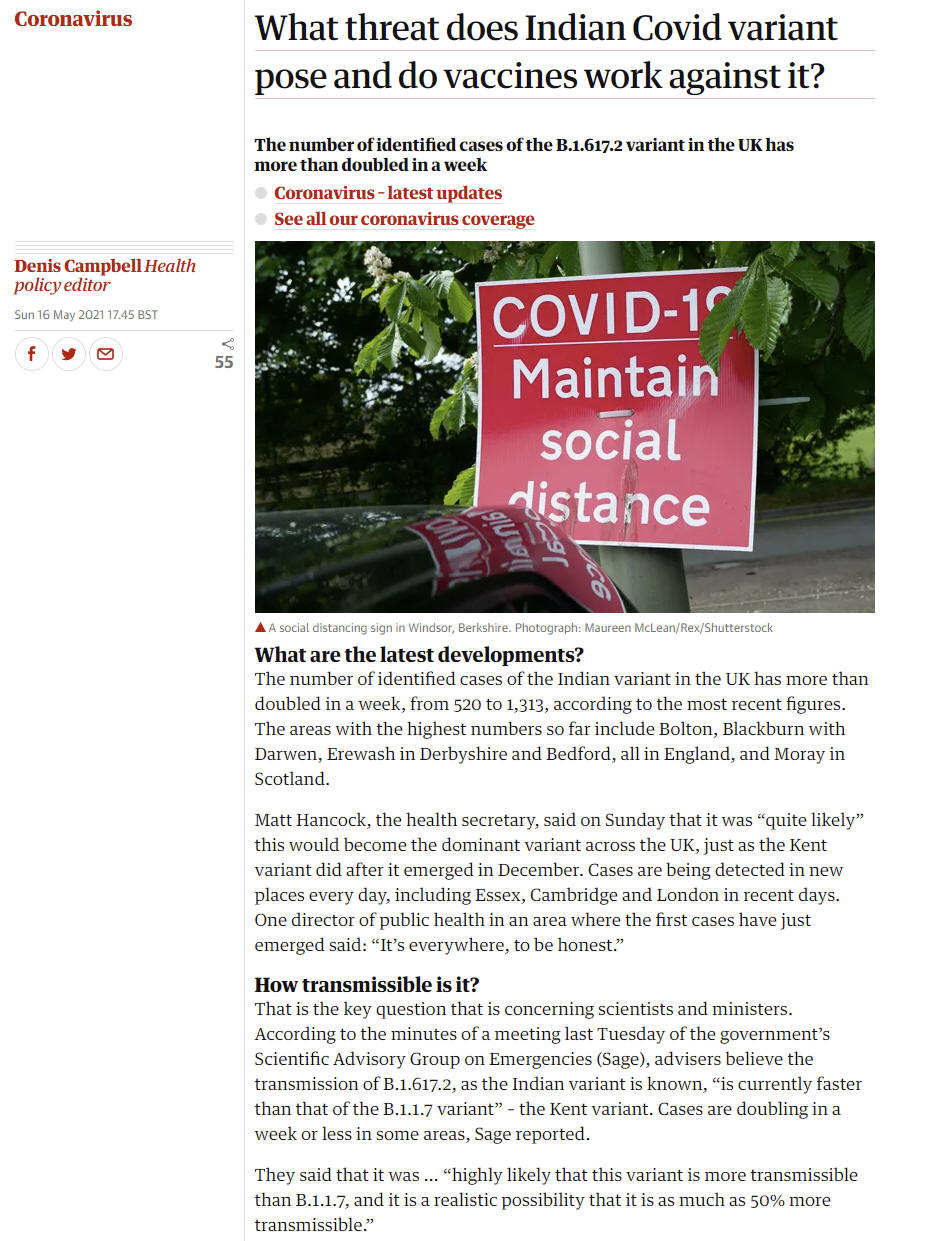
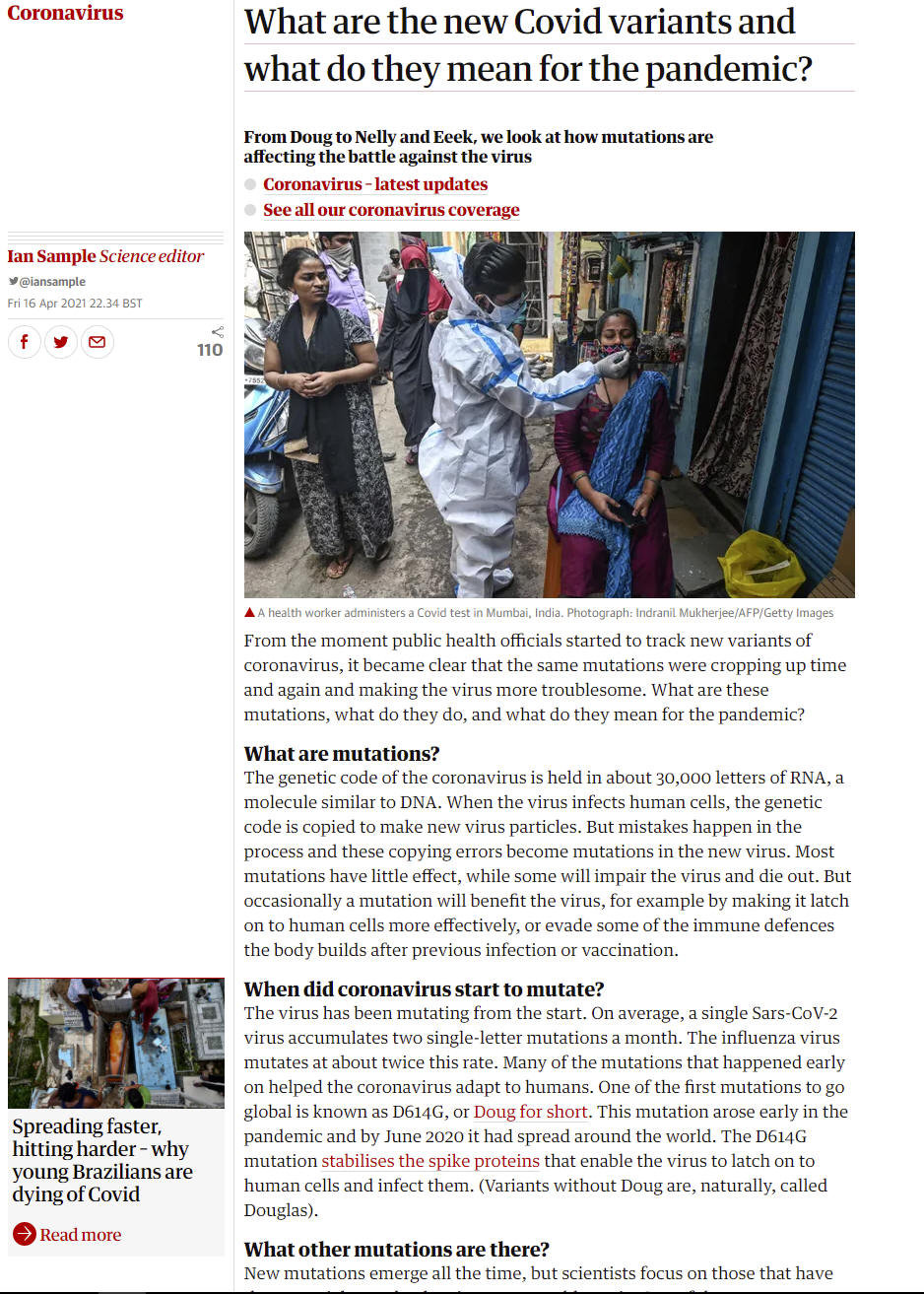





Does
NATO Still Exist?
JULY 7, 2016
The New York Times
Jochen Bittner
Does NATO Still Exist?,
NYT,
JULY 7, 2016,
http://www.nytimes.com/2016/07/08/
opinion/does-nato-still-exist.html
‘I can’t speak properly. I am different’:
do you
need to speak English
to be a good citizen?
New requirements
for public service workers to be fluent in
English
echo David Cameron’s suggestion
that good language skills are part of
the fight
against extremism.
But at the same time,
courses to train non-native
speakers
are being cut across England
Friday 7 August 2015
14.45 BST
The Guardian
‘I can’t speak properly. I am different’:
do you need to speak English to be a good citizen?,
G,
August 7, 2015,
http://www.theguardian.com/education/2015/aug/07/
do-you-need-to-speak-english-to-be-good-citizen
Does
America Still Believe
in Diplomacy?
August 6, 2015
2:00 pm
The New York Tiles
By Carol Giacomo
President Obama has never seemed
so sure-footed on foreign policy
as now,
when he is battling against determined opponents
to persuade the
American public and Congress
on the merits of the Iran nuclear deal.
Does America Still Believe in Diplomacy?,
NYT, AUGUST 6, 2015,
http://takingnote.blogs.nytimes.com/2015/08/06/
does-america-still-believe-in-diplomacy/
Did
U.S. Have to Drop
Atomic Bombs
on Hiroshima and Nagasaki?
AUG. 5, 2015
By THE NEW YORK TIMES
http://www.nytimes.com/2015/08/06/world/asia/
did-us-have-to-drop-atomic-bombs-on-hiroshima-and-nagasaki.html
Why Do
Doctors Commit Suicide?
SEPT. 4, 2014
The New York Times
By PRANAY SINHA
Why Do Doctors Commit Suicide?,
NYT, 4.9.2014,
http://www.nytimes.com/2014/09/05/
opinion/why-do-doctors-commit-suicide.html
questions en doauxiliaire
autres énoncés
How Do
Eggs Get
Their Shapes?
Scientists Think
They've Cracked
It
Did James Comey
Lie
About Interference In The
Russia Investigation?
Do Carrots
Really Help
Your Vision?
What
Does
An Expanding Universe Really
Mean?
Why Did
Melania Trump Cover
Her Hair
At The Vatican
But Not In Saudi Arabia?
What Does
It Mean
When ISIS
Claims Responsibility For An
Attack?
Does
Science Know
Right
From
Wrong?
Why do
you do
what you do?
Where
did the universe
come from?
Why Does
Donald Trump Lie
About Voter Fraud?
How
Much Money Do
Uber Drivers Really
Make?
Send Us Your Screenshots
What Does
Immigration Actually
Cost Us?
Did Russia
Hack The NSA?
Maybe Not
What Does
Trump's Promise of a Nation "Under One God"
Really Mean?
Do your friends
actually like
you?
Does darker skin
really need
its own skincare?
Does
U.S. Strike Against ISIS In Libya
Mark
A Policy Shift?
Does
Flossing Help
Or Not?
The Evidence Is Mixed At Best
Does
Terrorism Work?
Does
NATO Still Exist?
Did
U.S. Have to
Drop Atomic Bombs
on Hiroshima and Nagasaki?
Does The Fourth
Amendment Protect Us?
Does
America Still Believe
in Diplomacy?
Why does
vinyl sound better
than MP3?
Does
al-Qaida really exist?
Does
God have
a place in
science class?
Why Do
Doctors Commit Suicide?
do you
need to speak
English
to be
a good citizen?
Une question en doauxiliaire
peut dépasser
la bipolarisation du discours,
porter sur des paradoxes,
des complexités,
et donc appeler
des réponses complexes,
nuancées :
Why Do
We Love
Some Animals
But
Eat Others?
All Mixed Up:
What Do
We Call
People Of Multiple Backgrounds?
Plus d'exemples :
Questions
doépistémique
/ be + -inganaphorique
questions en doauxiliaire
valeurs énonciatives > constat,
déclaration :
ce que je dis est
vrai, démontré, incontestable
forme affirmative / négative avec doauxiliaire
forme affirmative
Nsujet
+ doauxiliaire
+ Base Verbale
forme négative
Nsujet
+ doauxiliaire
+ not + base verbale
DNA
doesn't lie.
'Guilty But Mentally Ill'Doesn't
Protect
Against Harsh
Sentences
No,
FDR Did Not
Know
The Japanese Were Going To Bomb Pearl Harbor
C'est clair et net,
ce que je dis, ce que j'affirme
est constaté, vérifié, vrai,
prouvé,
démontré, scientifique,
indiscutable, incontestable,
irréfutable :
"pas de doute,
il n'y a pas
à revenir là-dessus."
polarisation du discours >
oui ou non, vrai ou faux
forme interrogative
doauxiliaire
+ Nsujet
+ Base verbaletransitive
+ Nobjet?
Does
'Sustainability' Help
The Environment
Or Just Agriculture's
Public Image?
August 22, 2017 NPR
http://www.npr.org/sections/thesalt/2017/08/22/
545022259/does-sustainability-help-the-environment-or-just-agricultures-public-image
La question
que je pose / prétends poser
pour la première fois
(effet rhétorique)
est essentielle pour :
sortir de la confusion,
déconstruire un mythe,
différencier / démêler
le vrai du faux,
les informations incontestables
des fake news,
les rumeurs de la vérité,
l'apparence de la réalité.
savoir si la loi / la théorie
s'applique,
comprendre / expliquer le sens
d'une technique, d'un processus,
d'une action, d'une relation,
savoir si telle action / technique
est vraiment nécessaire, efficace
Cette volonté
d'en "avoir le coeur net"
sous-tend
les questions en doauxiliaire,
à un tel degré que ces questions
comprennent souvent
l'adverbe really :
Une question en doauxiliaire
(did
au passé),
même si elle porte
sur un thème connu
-
Where
did the universe
come from?
-,
se veut souvent
objective,
nette, nouvelle,
sans présupposé,
sans a priori :
la question
est présentée / mise en scène
sur le mode de l'inédit.
question en beverbe
/ auxiliaire
≠
question en doauxiliaire
questions en beverbe
/ auxiliaire
Une question
en beverbe
/ auxiliaire
porte sur la justification
de la détermination :
est-il justifié
de déterminer
Nsujet
par adjectifattribut
ou
Nattribut
?
Is
Inflammation
Bad For You Or Good For
You?
Une question
en beverbe
/ auxiliaire
contient au moins
un élément de réflexion :
adjectifattribut
seul
Is the universe
infinite?
adjectifattribut
portant sur une / deux propositions infinitives
Is
it wrong to buy
a kidney to save a life?
Nattribut
Is
our universe the only one?
Une question en beverbe
/ auxiliaire
peut être moins précise
qu'une question en doauxiliaire,
et donc contenir une "inconnue"
- un simple
pronom interrogatif
pour tout élément de réflexion :
-
What is
the universe made
of? -.
questions en be +
-ing
A l'inverse
des questions en doauxiliaire,
une question en be +
-ing
repose souvent
sur un présupposé,
sur du connu / vu / entendu,
et donc sur une idée
qui n'est pas nouvelle :
Are We
Loving Our
National Parks to Death?
Traduction explicative :
N'aimerions-nous pas trop
nos parcs nationaux,
au point de les mettre en danger ?
Cet article s'inscrit
dans un contexte particulier :
la commémoration des cents ans
du service des parcs nationaux
aux Etats-Unis.
En août 2016,
pour les Américain - e-s,
loving
our national parks
n'a rien de nouveau.
http://www.nationalparks.org/our-work/celebrating-100-years-service
WALPOLE, N.H. — THOUSANDS of people are expected to gather at the
north entrance to Yellowstone National Park on Aug. 25 to celebrate a uniquely
American idea. The National Park Service turns 100 years old, and its birthday
party will take place under a stone arch emblazoned with the words “For the
benefit and enjoyment of the people.”
No nation had ever set aside such a magnificent place for that reason. Wild
reserves had been the exclusive property of nobility or the rich. Decisions by
Congress to protect Yellowstone and other wonders reflected a different idea: In
a democracy, such landscapes should belong to everyone.
But that idea included a challenge: Places like Yellowstone must also be
“preserved,” as President Theodore Roosevelt urged his fellow citizens, for our
“children and their children’s children forever, with their majestic beauty all
unmarred.”
That tension between access and preservation has become ever more strained
today.
In 1916, when the National Park Service was created, there were a dozen national
parks, all of them in the West, visited by 326,506 people. Today, 412 parks,
national monuments and historic sites cover more than 84 million acres and were
visited more than 307 million times last year. Attendance is setting records
this summer, and by the time the year ends, the number of visits over the last
100 years is expected to crest 13.5 billion.
The fear that the nation’s parks might be “loved to death”
is not new, only more pronounced.
(...)
Are We Loving Our National Parks to Death?,
NYT,
Aug. 6, 2016,
https://www.nytimes.com/2016/08/07/
opinion/sunday/are-we-loving-our-national-parks-to-death.html
A l'inverse
d'une question en be +
-ing
,
une question en doauxiliaire
part d'un autre postulat :
on est dans l'inconnu,
l'incertitude,
on doute,
donc toute réponse
nouvelle et cohérente
est acceptable.
Une question en doauxiliaire
est souvent d'ordre moral,
légal, éthique :
est-il juste / justifié
ou injuste / injustifié
de faire ceci ?
est-ce vrai ou faux ?
Une question en doauxiliaire
peut être aussi
de nature philosophique,
historique, scientifique, biologique,
sociologique, psychologique,
existentielle,
ou
tout simplement
d'ordre économique,
pratique, mécanique,
fonctionnel :
est-ce que ça marche ?
ça marche ou pas ?
comment
ça marche ?
pourquoi
ça s'est passé comme ça?
Cette affirmation
est-elle étayée
par des études scientifiques ?

How does
[
doauxiliaire ]
he do
[
dobase verbale ]
that?
Lisa Benson
political cartoon
GoComics
September 02, 2016
https://www.gocomics.com/lisabenson/2016/09/02
doauxiliaire
sens et valeurs énonciatives > valeur
épistémique
forme négative
Nsubet
+ do
+ not + base verbale + Nobjet
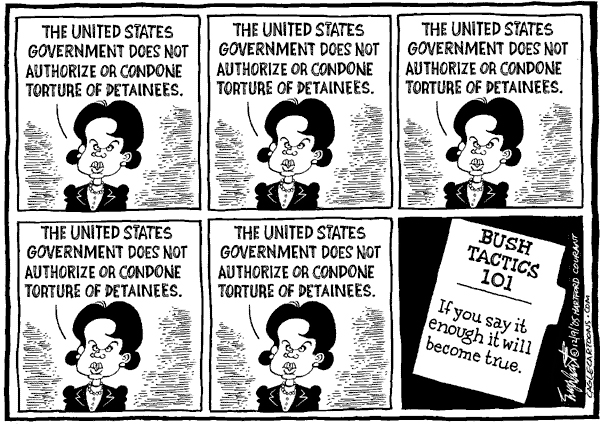
The United States government
does
not authorize or
condone torture of detainees
Bob Englehart
Hartford, Connecticut -- The Hartford Courant
Cagle
8 December 2005
http://cagle.msnbc.com/politicalcartoons/PCcartoons/englehart.asp
Condoleezza Rice, 66th Secretary of State
https://en.wikipedia.org/wiki/Condoleezza_Rice
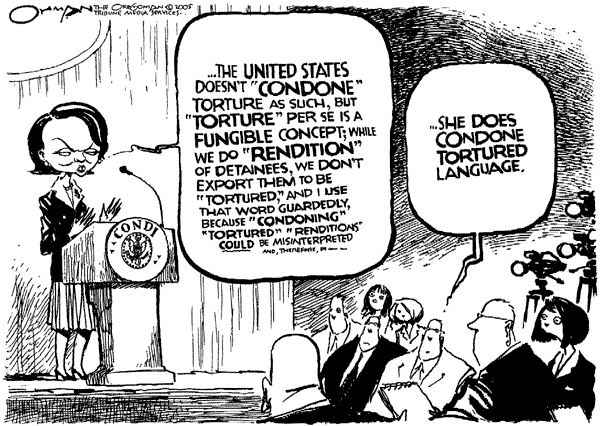
Jack Ohman
Portland, OR, The Portland Oregonian
Cagle
7 December 2005
http://cagle.msnbc.com/politicalcartoons/PCcartoons/ohman.asp
Left: Condoleezza Rice, 66th Secretary of State
https://en.wikipedia.org/wiki/Condoleezza_Rice
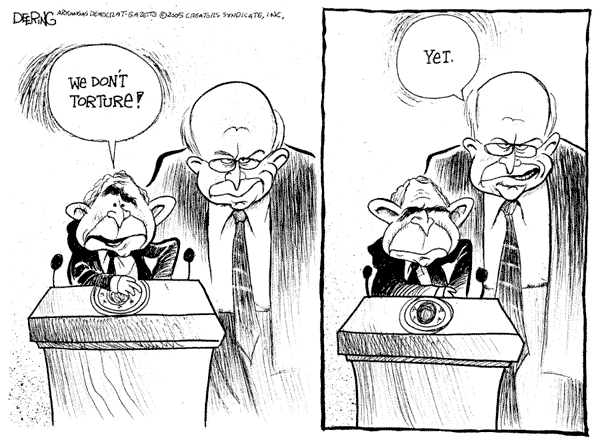
John Deering
The
Arkansas Democrat-Gazette
Cagle
11 November 2005
http://cagle.msnbc.com/politicalcartoons/PCcartoons/deering.asp
Left: George W. Bush,
43rd president of the United States.
Right: Vice-president Dick Cheney.
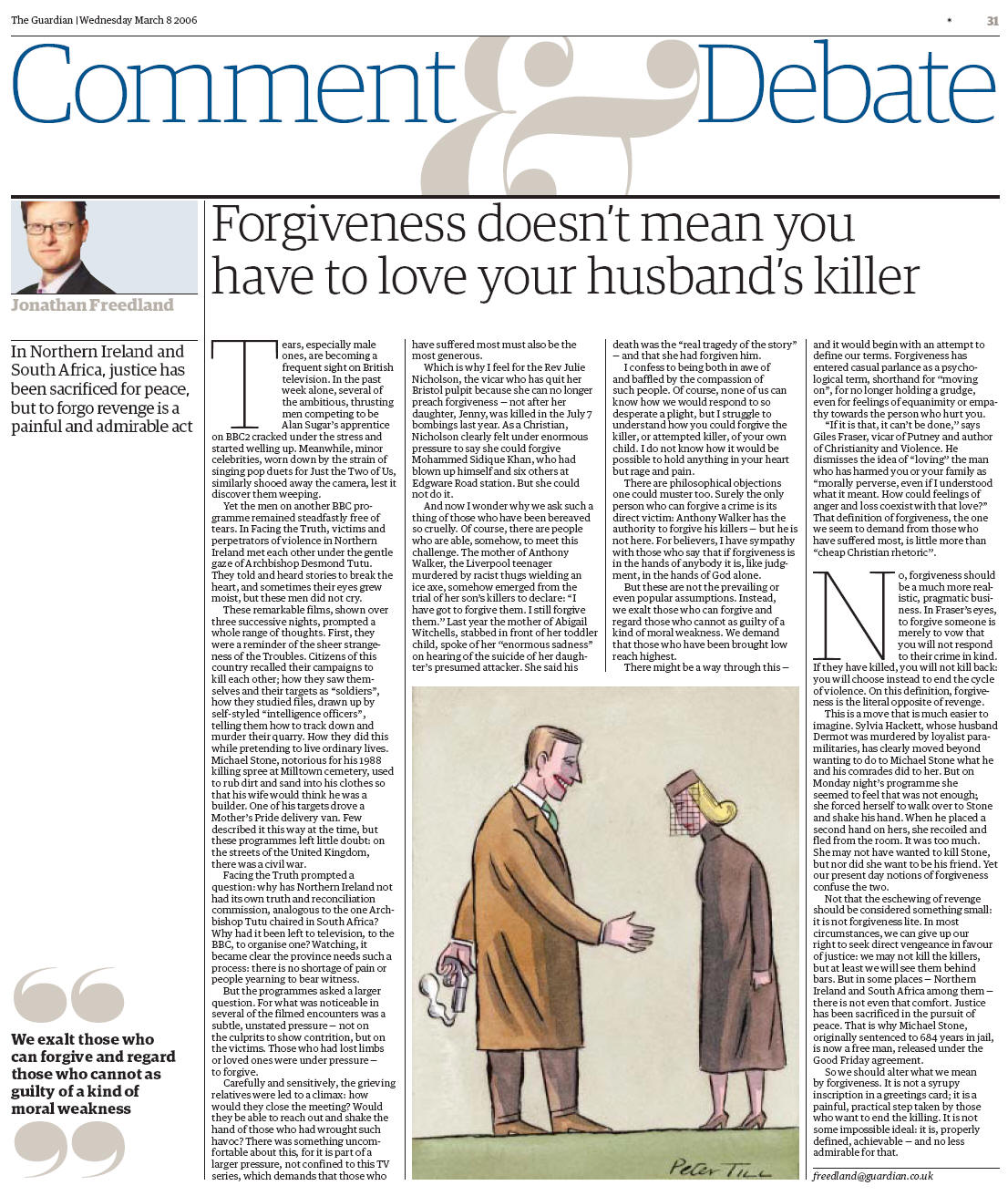
After 3 Decades,
Guilty Verdict in Rape Case,
With Help From
DNA
November 10, 2005
The New York Times
By JULIA PRESTON
Thirty-two years after a young woman was raped
at knifepoint in a Manhattan apartment, the man accused at the time was
convicted yesterday for the assault, in a case that displayed the power of DNA
testing to identify elusive criminals.
The guilty verdict against Fletcher A. Worrell, which a jury reached after
deliberating less than two hours, closed a circle of justice for the victim,
Kathleen Ham, now 58. Mr. Worrell's 1974 trial for the rape ended in a hung jury
after his defense lawyer suggested that Ms. Ham was a prostitute and tried to
cast doubt on whether she had been violently assaulted.
More than three decades later - after Mr. Worrell was arrested last year after
trying to buy a gun in Georgia - Ms. Ham took the witness stand last week. She
retold the story of the assault, and of the insomnia and painful personal
isolation she had lived with virtually every moment since.
"I feel very, very vindicated," said Ms. Ham, with a smile of relief, at a news
conference after the verdict. "It's taken a long time." Ms. Ham, now a lawyer
living in California, has insisted that her name be published along with
accounts of the trial, saying that she is not ashamed to have been a victim of
rape.
Mr. Worrell, 59, who was tried the first time under the name Clarence Williams,
was convicted in State Supreme Court in Manhattan of one count of first-degree
rape and one count of robbery. Police found four dollar bills, which he had
taken from Ms. Ham's purse, in his pocket when they first arrested him just a
few minutes after the rape, at dawn on June 26, 1973.
Mr. Worrell faces 8 to 25 years in prison on each count, and is scheduled to be
sentenced on Nov. 28. But this trial was just the beginning of multiple charges
being brought against him. The authorities say he has been linked by DNA
evidence to at least 21 other sexual assaults in Maryland and New Jersey,
including a string of rapes in Montgomery County, Md., attributed to an attacker
the police called the Silver Spring rapist.
Mr. Worrell jumped bail in 1975 before he could be tried again for Ms. Ham's
rape, and left New York. He was arrested in Georgia in May 2004 after he tried
to buy a shotgun, and a background check turned up the open warrant. But the
biggest break in the case came when a DNA sample was recovered from the
underpants that Ms. Ham wore on the day of the crime, which were found stuffed
in the files in the Manhattan district attorney's cold case unit.
In her closing argument this morning, a prosecutor, Assistant District Attorney
Melissa Mourges, said that the DNA profile recovered from the underwear and Mr.
Worrell's DNA profile were "identical in every way." Ms. Mourges told the jurors
that Yankee Stadium could be filled with 50,000 people once a day for 54,000
years and there would not be another person who would match Mr. Worrell's
profile.
Mr. Worrell's attack, Ms. Mourges said, was his attempt to impose his "total
domination" and to "reduce Kathleen Ham to nothing but a piece of meat."
But, Ms. Mourges told the jurors, in the new trial, "it was her turn to hold the
power - her turn, because DNA works."
Ms. Ham was not able to identify Mr. Worrell in the first trial because he
pulled a sheet over her head during the attack, so she never saw his face.
In a 57-minute summation, Mr. Worrell's lawyer, Michael F. Rubin, argued that
the DNA analysis done by the chief medical examiner's office was incomplete. Mr.
Rubin said there might have been genetic mutations that could have disqualified
his client.
The jurors were not convinced.
"Everybody agreed that the DNA evidence was so strong," said the jury foreman,
Celestino Gregorio, 57, a sales manager for a pharmaceutical company. "That's
why everybody voted guilty in this case."
Mr. Gregorio said that if Mr. Rubin had intended to challenge the science of the
DNA testing, he should have called an expert witness rather than make the
argument himself.
Mr. Rubin did not call any witnesses.
Mr. Worrell, in a brown cap and a bushy salt-and-pepper beard, sat impassively
as the jury announced its verdict. He exhibited no emotion throughout the two
and a half days of trial.
Several jurors said they were shocked when they learned, after the trial, that
Mr. Worrell had been linked to other rapes. Robert L. Jones, 56, an illustrator
who lives in Harlem, said, "It makes me feel better about taking him off the
street and putting him away for rest of his life."
The verdict, and the role of DNA, prompted District Attorney Robert M.
Morgenthau of Manhattan to propose a change in state law to eliminate the
statute of limitations for violent sexual assault and to elevate those crimes to
the highest level of felony, a Class A felony.
"I felt such horrible guilt," Ms. Ham said of the first trial. "I knew a monster
had been unleashed on the city." She, too, supported an end to the statute of
limitations.
"DNA doesn't
fade away," Ms. Ham said,
"and DNA doesn't lie."
Anemona Hartocollis
contributed reporting for this article.
After
3 Decades,
Guilty Verdict in Rape Case, With Help From DNA,
NYT,
10.11.2005,
https://www.nytimes.com/2005/11/10/
nyregion/after-3-decades-guilty-verdict-in-rape-case-
with-help-from-dna.html
Budget blues
The Audit Commission says
the government's supported housing programme
is in
danger of failing vulnerable people.
Do the
experts agree?
Budget
blues, Interviews by Matt Weaver,
G,
19.10.2005,
https://www.theguardian.com/society/2005/oct/19/
communities.guardiansocietysupplement
Do the
arts matter?
Next month, John Carey, emeritus professor of English Literatureat Oxford
university, publishes What Good Are the Arts? It's the queen bee of questions.
And it leads to a swarm of others: What is art? Who decides? Are there absolute
standards? Can art make us better people? To answer these, Carey gathers a crowd
of philosophers, poets, artists, writers and ordinary people, with provoking
results. Carey's own definition of art is this: a work of art is anything that
anyone has ever considered a work of art. As he well knows, this will only
deepen the mystery and excite further argument, and it is in this spirit that
The Observer asked a few people who ought to know...
Headline
and sub,
O,
8 May 2005,
https://www.theguardian.com/books/2005/may/08/
art.oxforduniversity
Did Blair mislead
us?
Two legal experts make their case
29 April 2005
The Independent
Yes, says Maurice Mendelson QC,
the expert
in international law
Finally, then, the Attorney General's opinion of 7 March 2003 has been extracted
from a most reluctant Government. Does it amount to a "smoking gun", or is it
just a damp squib, as Tony Blair claimed yesterday?
Attorneys general are not usually trained in international law. For this reason,
the Foreign Office has lawyers who are experts in this, and at least one is
seconded to the AG's office to advise him. We know (from the resignation letter
of Elizabeth Wilmshurst, deputy legal adviser at the FO), and the opinion now
confirms, that Lord Goldsmith originally shared the specialists' grave doubts
about the legality of the war. We also know he had been pressed by US government
lawyers to change his original view.
The opinion of 7 March looks much like that of a lawyer already straining to the
utmost to support a course of action about which he entertains grave doubts, but
on which his client is set. He canvasses the arguments on both sides; but the
best he can say is that a "reasonable argument" can be made in favour of going
to war.
But he is sitting on the fence. If he was strongly of the view that the war was
legal, he would have said so. (In this context, it is relevant to note that most
qualified international lawyers on both sides of the Atlantic were always clear
that the war would be illegal without a further Security Council resolution.)
There seems little doubt that if the Cabinet, let alone Parliament, had been
shown this opinion, Mr Blair would have had far more difficulty in getting
backing for war.
Knowing that, the Lord Chancellor, Lord Falconer of Thoroton, and Baroness
Morgan of Huyton had a meeting with Lord Goldsmith. The Chief of Defence Staff
was also dissatisfied without unequivocal advice that the war was legal. Mr
Blair presented him with what, with hindsight, can be seen as largely false
information about the threat, whether deliberately or innocently is a subject
much debated. The most charitable interpretation is that Mr Blair believed what
he wanted to believe. Finally, on 17 March, Lord Goldsmith came up with what he
claimed was his "opinion", which stated unequivocally that war was lawful even
without the further Security Council resolution. This was just a one-page set of
conclusions, not an opinion. No self-respecting lawyer, even if he had persuaded
himself of the legality of the war, could have written a proper opinion without
canvassing the strong counter-arguments.
Yet the Government consistently sought to give the impression that the document
was the only formal opinion, and that the AG had no doubts. He backed them in
this. Whether the Prime Minister, the Foreign Secretary and the AG actually
lied, the weasel words and economy with the truth was breathtaking, and sullied
an already tarnished political process. Even damp squibs can sometimes sputter
into life. Whether this one will remains to be seen.
No, says Geoffrey Bindman, the prominent
human rights lawyer
Everyone agrees military action was only lawful if authorised by the Security
Council. In November 1990, in resolution 678, it authorised action to liberate
Kuwait. By April 1991, that job had been done and resolution 687 affirmed the
ceasefire but Lord Goldsmith believes the authority for war did not come to an
end there, but lay dormant pending the elimination by Iraq of its WMD and
compliance with monitoring and reporting requirements.
By November 2002, resolution 1441 was designed to give the Iraqis a last chance
to comply but did not itself authorise force. As Lord Goldsmith says "the
argument that 1441 itself provides the authorisation depends on the revival of
the express authorisation to use force given in 1990 by Security Council
resolution 678".
This, says Lord Goldsmith, raises two questions. Is the revival argument sound?
If so, can breach of 1441 revive the authorisation? He accepts the revival is
controversial and not widely accepted but favours it.
But he also accepts 1441 required the matter to come back to the council for
discussion before the revival could take effect. He thought it unclear whether
that meant a further decision had to be made but he though it was for the
council to assess whether Iraq was in material breach of 1441.
It was finely balanced, so he recommended a further resolution authorising
force. He thought a case for revival of the old authorisation could be made
without a further resolution but only if hard evidence of non-compliance and
non-co-operation could be demonstrated.
On 17 March, Lord Goldsmith's answer was a brief and straight summary of the
revival argument with the assertion that Iraq was in material breach of 1441 -
but without any of the doubts in his full opinion.
In the Commons on 18 March, the Prime Minister said "the opinion of the Attorney
General that, Iraq having failed to comply and Iraq having been at the time of
resolution 1441 and continuing to be in material breach, the authority to use
force under resolution 678 has revived and continues today".
That was not an unfair summary of what Lord Goldsmith said on 17 March. It falls
lamentably short of a fair summary of the difficulties of the opinion of 7
March.
I am saddened his informative opinion was not available to assist deliberations
of Cabinet and Parliament. It was entirely wrong, in my opinion, that Parliament
and the public did not have the opportunity to debate the legal and moral issues
arising from Mr Blair's reliance on a dubious legal argument.
There is no evidence Mr Blair set out to deliberately mislead Parliament or the
country. The Prime Minister preferred to rely on authorisation given 12 years
earlier.
I do not charge him with dishonesty but I believe the failure to disclose the
full opinion was a serious mistake that could have influenced Parliament's
decision to support the war.
Did
Blair mislead us?
Two legal experts make their case,
I,
29.4.2005,
https://www.independent.co.uk/news/uk/politics/
did-blair-mislead-us-8724058.html
Does spelling
really matter?
As Molesworth might have observed, any fule kno it don't. Tony Blair wrote
"toomorrow" three times in a memo, Keats once spelled fruit as "furuit", Yeats
wrote peculiarities as "peculeraritys", and Hemingway wrote professional as
"proffessional". Clearly such mistakes may not help you to be topp in skool, but
they don't signify that you are unfit to write great literature or run the
world's fourth largest industrial power.
'Ooh, I know this one!':
British spelling is
in decline. What can be done?
The BBC's answer is Hard Spell,
a nationwide
spelling test involving 100,000 children.
We, however, asked Vivian Cook,
professor of applied linguistics,
to devise a test using 10 simple but
problematic English words
- then put five people with a professional interest in
spelling through it.
Stuart Jeffries introduces the results,
G,
18 November 2004,
https://www.theguardian.com/media/2004/nov/18/
bbc.schools


Mark Trail
Comics Jack Elrod 22 / 23 February 2005
http://www.kingfeatures.com/features/comics/mtrail/about.htm

Flash Gordon Comics
Jim Keefe
Created in 1934
by legendary
comic-strip artist Alex Raymond
30 January 2005
http://www.kingfeatures.com/features/comics/fgordon/about.htm
Voir aussi > Anglonautes >
Grammaire anglaise
explicative - niveau avancé
doauxiliaire
tags
impératif
questions en doauxiliaire
questions en be verbe / auxiliaire
question en be + -ing >
ellipse de be
question en be + -ing > présupposition
questions >
doauxiliaire valeur épistémique
/ be + -inganaphorique
|